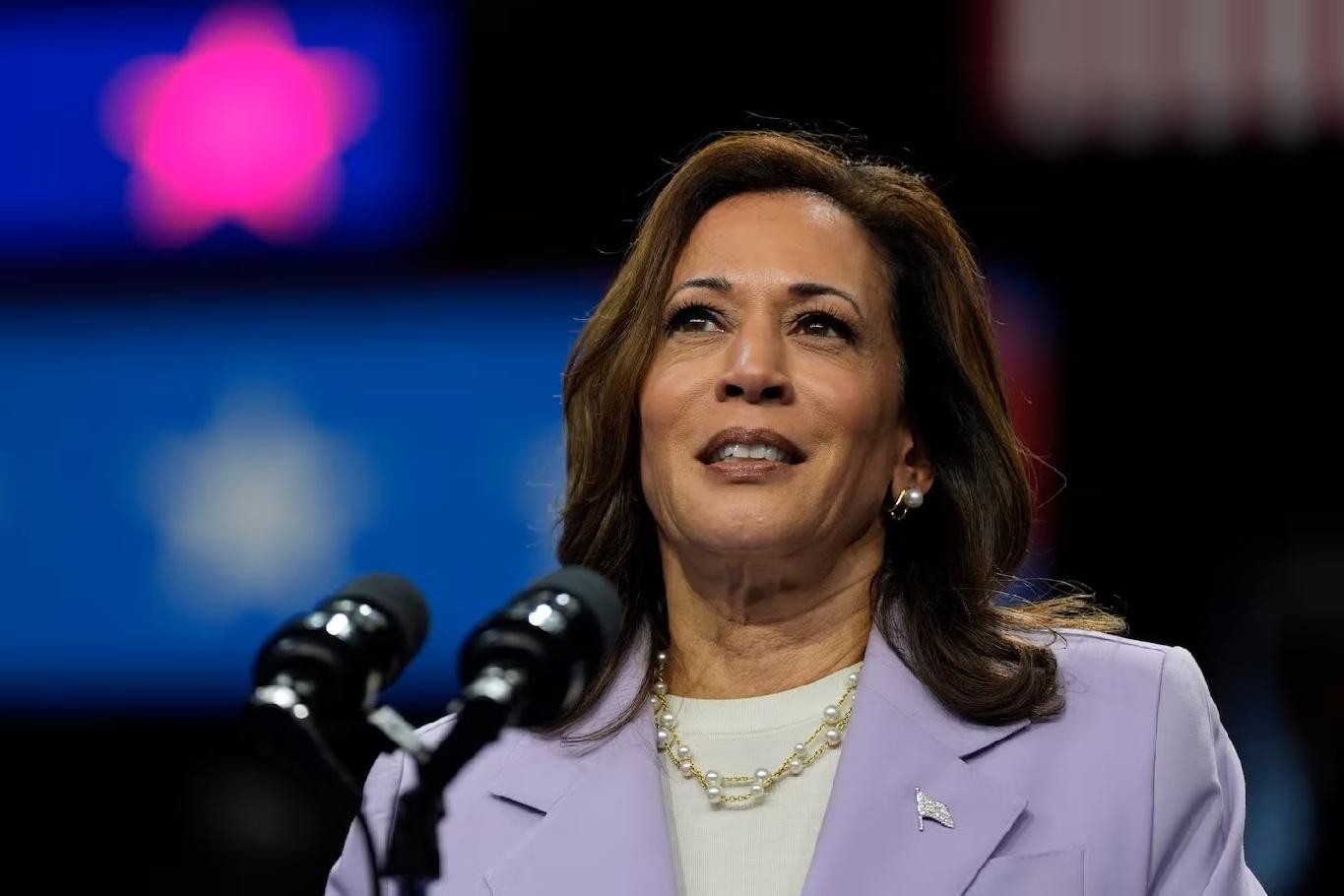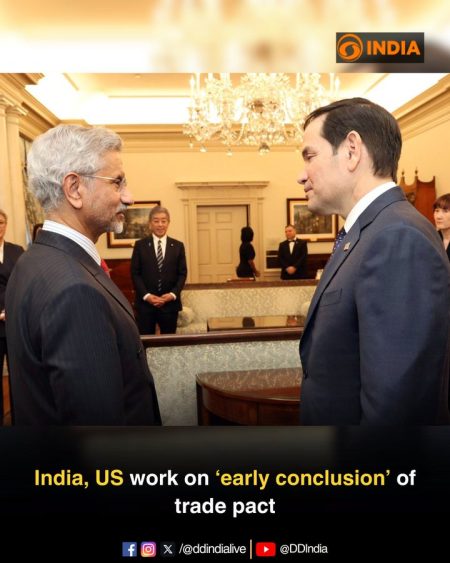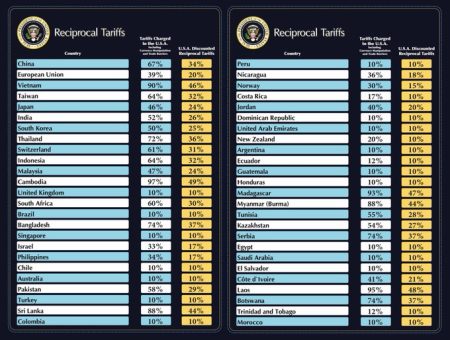
Democratic presidential candidate Kamala Harris is focusing her economic agenda on reducing the costs of essential goods such as groceries, housing, and healthcare. Her plan also emphasizes strengthening the child tax credit while clearly distinguishing her approach from that of Republican Donald Trump, particularly on issues like tariffs and taxes, according to her aides and advisers.
As the U.S. vice president, Harris is set to outline elements of her economic strategy in a speech in North Carolina on Friday. Her speech will address lowering consumer costs and tackling “price gouging,” reflecting the importance of consumer prices in the minds of voters as the November 5 election approaches.
Although inflation dropped to below 3% for the first time in over three years in July, the prices of groceries and other consumer goods remain significantly higher than they were before the pandemic. The economy continues to be a major concern for American voters, many of whom perceive Republicans as better equipped to manage economic issues.
Harris’s economic platform closely aligns with President Joe Biden’s policies, with a focus on appealing to the middle class. As her campaign enters the final stretch before the election, advisers note that particular attention will be given to issues resonating with voters in key battleground states.
An aide highlighted that while Harris’s economic values align with Biden’s, her vision is distinct, emphasizing the issues she finds most important. However, the Harris campaign has refrained from providing further comments.
Meanwhile, Trump’s campaign is considering new tax cuts for middle-class households, including a proposal to eliminate taxes on tipped wages, a measure Harris also endorsed during a recent event in Las Vegas.
Harris is particularly concerned about “pocketbook issues” affecting working families, especially those with young children. An adviser noted her longstanding support for the child tax credit, which helps reduce the tax burden on lower-income families—a policy she continues to champion.
Despite their popularity with voters, many progressive economic ideas have struggled to become law. Both Harris’s and Trump’s economic plans would require Congressional approval. For instance, a bill to expand the child tax credit passed the House but stalled in the Senate earlier this year.
Not all aspects of Harris’s economic agenda will be featured in her upcoming speech, as her campaign aims to avoid alienating voters or drawing criticism from business groups. The campaign intends to remain “strategically ambiguous” on topics like energy, avoiding specific details that might provoke controversy.
Harris no longer supports certain measures from her brief 2020 presidential bid, such as a fracking ban or Medicare for All. However, she remains committed to addressing the housing crisis, advocating for more affordable housing and the development of climate-resistant communities.
Marcia Fudge, a Harris adviser and former Secretary of Housing and Urban Development, emphasized Harris’s focus on housing, recognizing it as a critical issue in the United States.
In contrast to Trump, Harris will also focus on tax policy and tariffs, maintaining Biden’s pledge not to raise taxes on individuals earning $400,000 or less annually. While Trump reduced the corporate tax rate from 35% to 21% and introduced other tax cuts that are set to expire soon, he has promised to make these cuts permanent and has proposed new tariffs on imports, a stance Harris opposes. The Trump campaign has criticized Harris by associating her with Biden’s economic record, arguing that the country cannot afford another four years of their policies.









